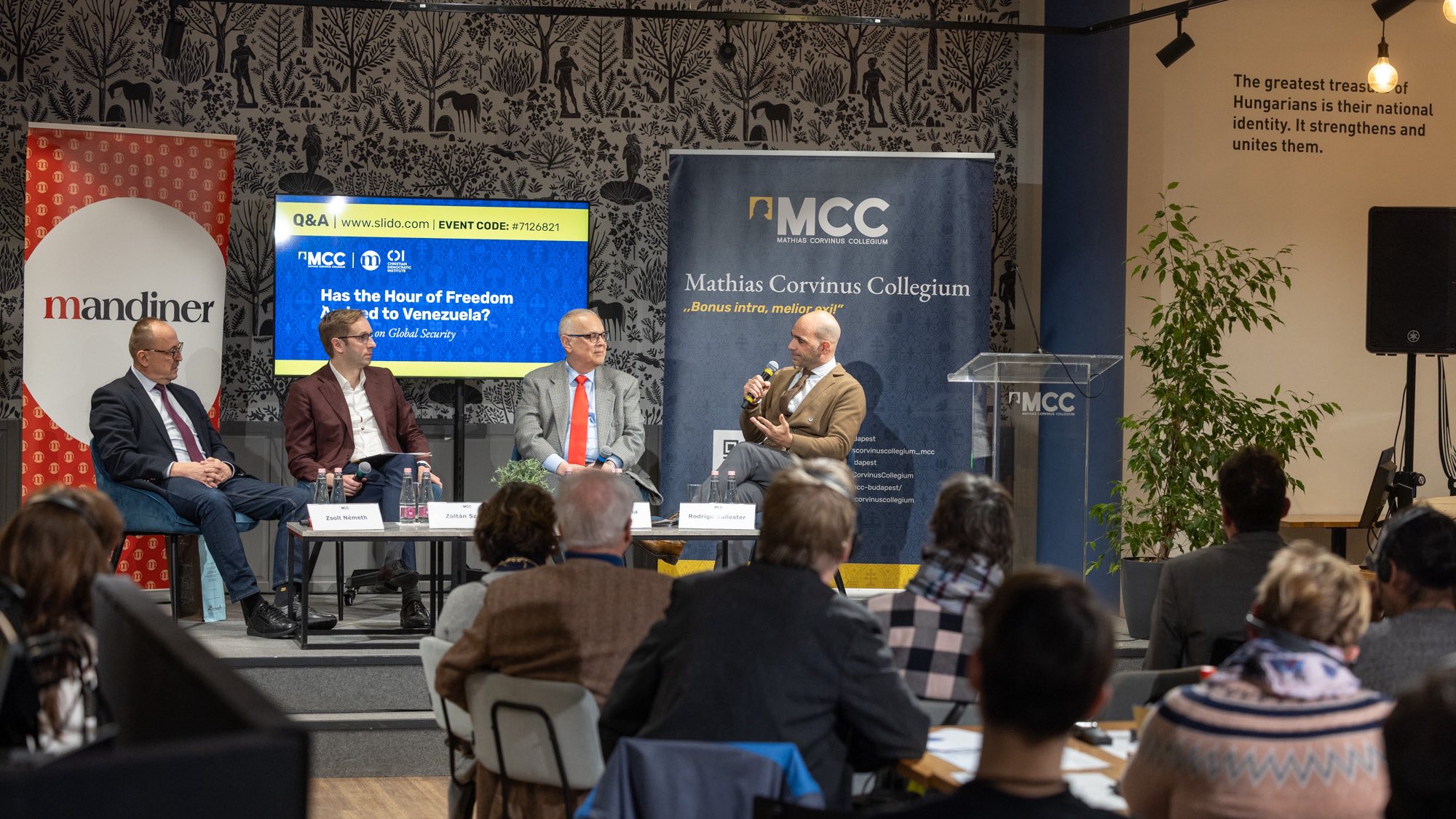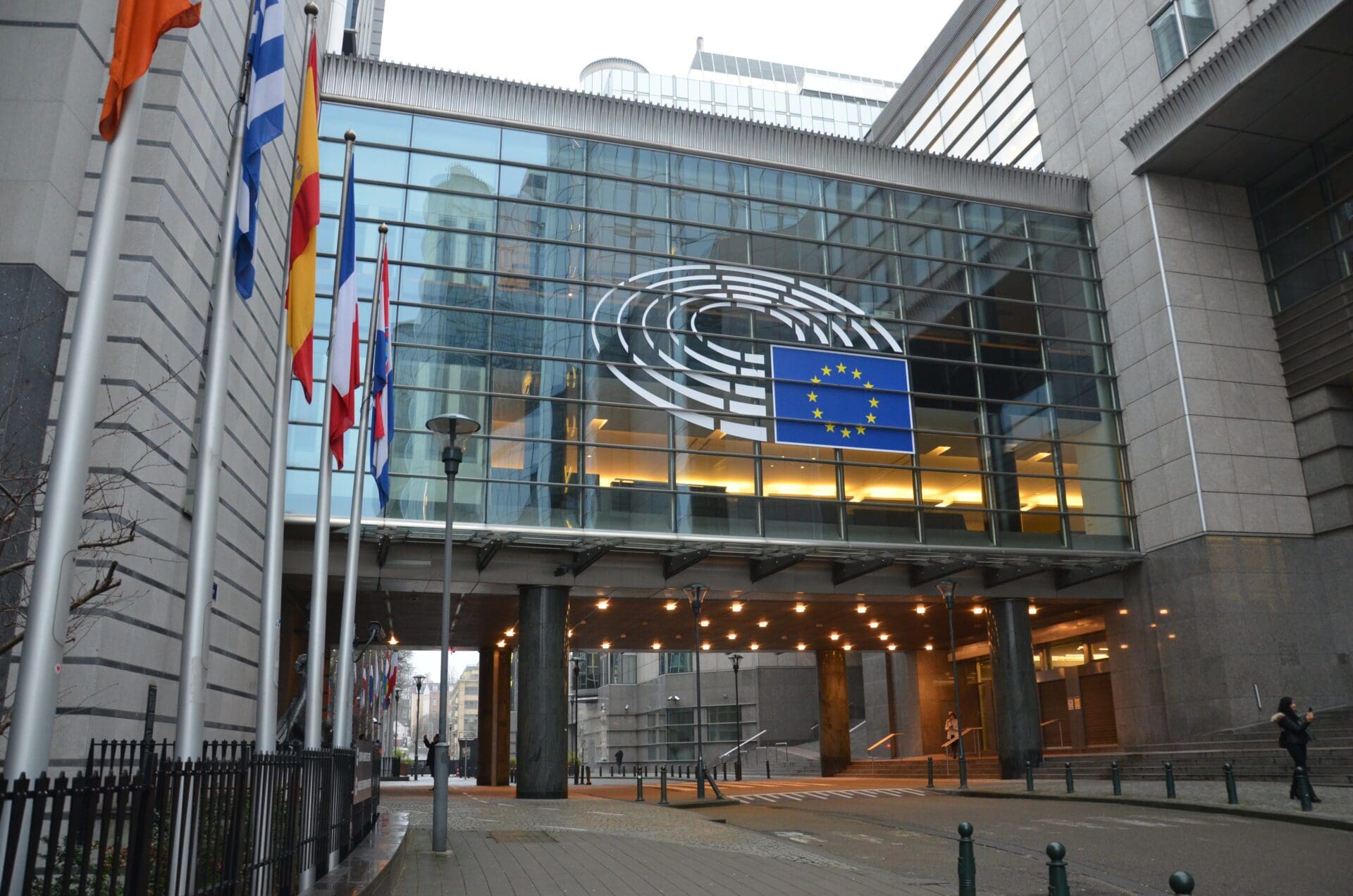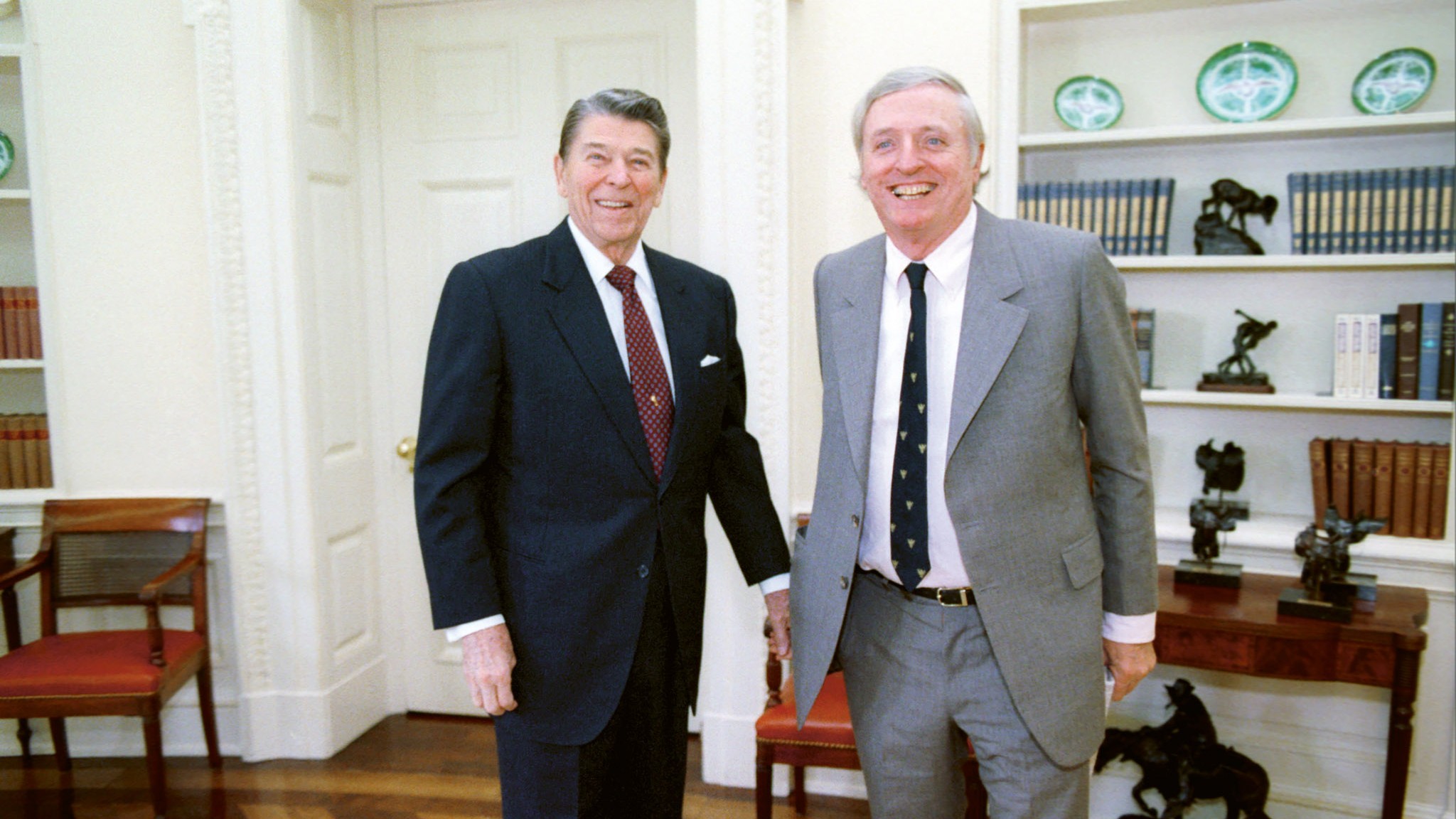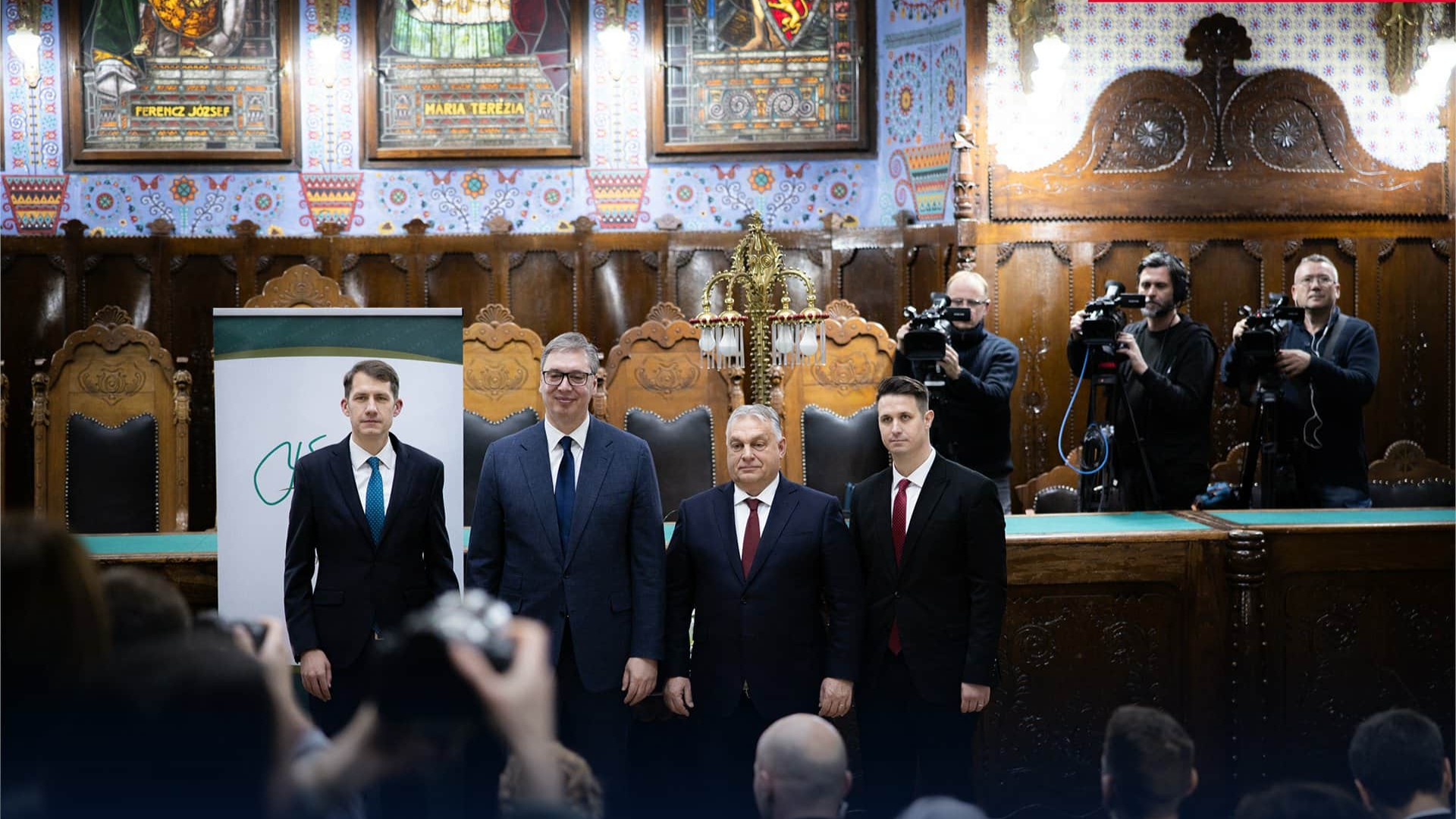
Two of Three Hungarian Citizens Released from Prison in Venezuela
Another Hungarian citizen has been released from prison in Venezuela, Hungarian Minister for Foreign Affairs and Trade Péter Szijjártó announced on Friday, saying a detained Hungarian woman was freed in the presence of Hungary’s honorary consul in Caracas. Budapest coordinated the operation with the Dutch consulate and US authorities following a recent American action in the Venezuelan capital.









